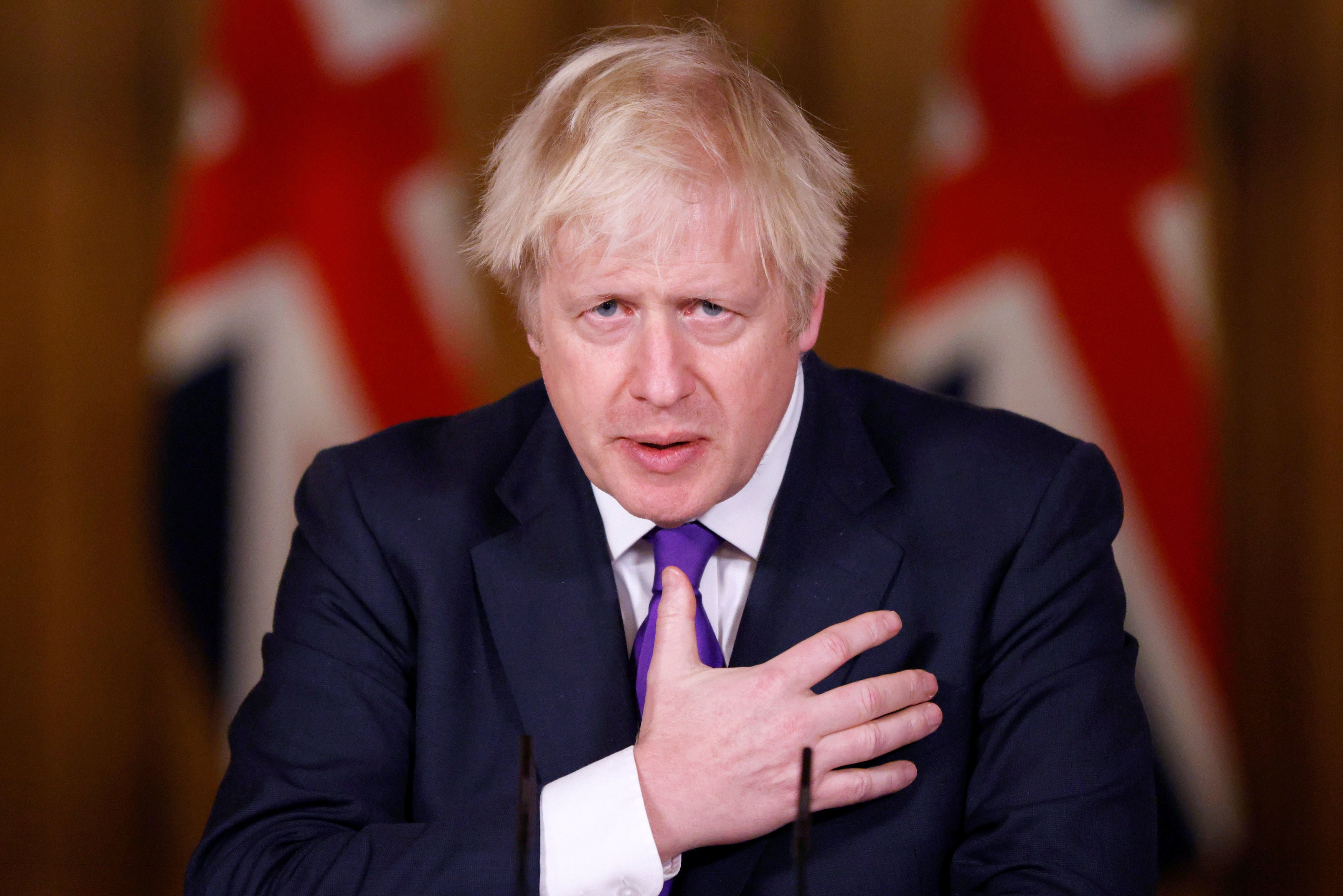Britain has finally agrred a Brexit trade agreement with the EU, replacing its membership of the single market and customs union.
Here are the key dates along the way that led to this agreement, starting from the referendum four years ago.
23 June 2016
Britain votes to leave the EU in a referendum. The result is 48 per cent remain to 52 per cent leave.
17 January 2017
Theresa May, who replaced David Cameron as prime minister, says the UK will leave the single market once it has left the EU - paving the way for a hard Brexit
29 March 2017
The prime minister triggers Article 50, firing the starting gun on negotiations and setting the countdown for Britain to leave on 29 March 2019
22 September 2017
Theresa May says for the first time that Britain will have a "transition period" once it leaves the EU. This period will be used to negotiate the future relationship once the UK has left
2 February 2018
Under pressure from Tory MPs, May confirms Britain will also be leaving the customs union, and will negotiate a simple free trade agreement with the EU
7 July 2018
While withdrawal negotiations are going on, Theresa May's Cabinet agrees the so-called "Chequers" deal for a Brexit future relationship, under which Britain would have the benefits of the single market without the obligations.
20 September 2018
Theresa May is humiliated at a summit in Salzburg, where member states say her plan will not work and send her away. The future relationship trade issue is parked, for now, and the two parties focus on the withdrawal agreement.
7 June 2019
Theresa May resigns as prime minister after failing to get her withdrawal agreement through the House of Commons. The agreement contained a de facto customs union for the whole UK as part of an agreement to keep Northern Ireland in the single market
24 July 2019
Boris Johnson becomes prime minister, having positioned himself as a harder Brexiteer than Theresa May. He promises to "deliver Brexit" and says he won't rule out a no-deal
17 October 2019
Boris Johnson signs a new Brexit withdrawal agreement with the EU, along with a political declaration pledging to negotiate a deep and comprehensive free trade agreement that eliminates tariffs and quotas
12 December 2019
The prime minister wins the 2019 election with a mandate to vote his Brexit deal through
31 January 2020
Britain leaves the EU, but nothing changes at an economic level because the UK enters a transition period where everything will stay the same until 31 December 2020
3 February 2020
Boris Johnson says in a speech in London that the UK only wants a Canada-style free trade agreement. But he also says he's happy to do a no-deal - which he refers to as an "Australia-style" free trade agreement
2 March 2020
The first round negotiations between the UK and EU to negotiate a free trade agreement takes place in Brussels. Little progress is made, and the two parties are just getting stuck in.
18 March 2020
A second planned round of trade talks is cancelled due to coronavirus lockdowns and travel bans
19 March 2020
Michel Barnier, the EU's chief negotiator tests positive for coronavirus, and has to self-isolate for some time
20 April 2020
Negotiations resume between the two sides, but only via videoconference. Little of substance gets done
16 June 2020
During a phone call, both Boris Johnson and Commission president Ursula von der Leyen formally agree that there will be no extension to the transition period past the end of the year
29 June 2020
Negotiations resume between the two side in person in Brussels. Little progress is made in ensuing rounds.
7 September 2020
Boris Johnson says 15 October is the final deadline for a Brexit agreement, and that if a deal isn't ready by then the UK will quit talks.
15 October 2020
EU leaders meet for a summit in Brussels, where they discuss Brexit. The leaders talk tough and drop a pledge to "intensify" Brexit talks. There is no softening of their position
16 October 2020
Downing Street says there is "no point" in talks with the EU continuing and briefly walks out, without quite committing to a no-deal
21 October 2020
After a week of overtures for Michel Barnier to soothe bruised British egos, talks begin again on an intensified basis, with a widely-briefed mid-November for negotiations to end
4 December 2020
After weeks of back and forth, EU officials start to brief that a deal is "imminent".
9 December 2020
Boris Johnson visits Brussels in a bid to finalise an agreement, but returns home empty-handed
20 December 2020
The European Parliament says it can no longer ratify a deal in time to prevent a no-deal on 31 December. Hopes persist that an agreement could still be ratified 'provisionally’ without MEPs.
23 December 2020
Reports emerge from Brussels that a deal is again “imminent”…

Join our commenting forum
Join thought-provoking conversations, follow other Independent readers and see their replies
Comments